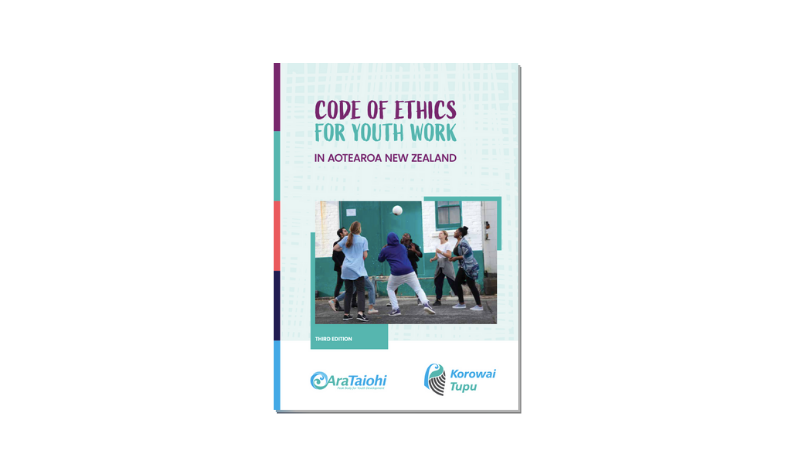Thinking about young people online
- Are you familiar with the latest technology that young people are using? How familiar do you need to be?
- Are you aware of the digital access that the young people you work with have? Are there opportunities to help develop their ‘digital literacy’ and their ‘digital citizenship’?
- Are you having non-judgemental conversations with young people about how they are using social media, and giving opportunities to think about how they can use it positively? This is particularly important to help develop a culture in which (cyber)bullying is seen as unacceptable.
- Can you encourage young people to think about what their social media presence may look like to an alien who landed? What values do they want to stand for?
- Have you worked with young people to devise clearly displayed ‘guidelines’ that the entire group can sign up to? How clear are you about what is (not) acceptable to share online from your programme?
- What would you do if you discovered young people were engaging in harmful behaviour online or sharing inappropriate content with each other? At what point would you talk to your colleagues, manager, supervisor, parents or police?
- Are there discussions between the youth group, organisation or programme and parents to ensure a consistent message is presented to young people?
- Do you need to obtain permission from parents for contacting young people via digital or mobile platforms, or using their photos? How does it vary based on the age of the young people involved?
Thinking about Yourself as a Youth Worker, Personally and Professionally, Online
- What will young people find when they Google your name?
- What are the advantages and disadvantages of youth workers having two Facebook accounts?
- Are you prepared to grant your manager access to your social networking accounts?
- Have you established a curfew for exchanges of messages on social media or via text?
- Are you using clear and unambiguous language in texts or emails? Are you using emoji and abbreviations, such as LOL and xx, and is there any chance these might be misinterpreted?
- Have you discussed whether a separate mobile device should be used for work? Do you have photos of young people kept on your phones?
- Have you developed a policy for dealing with pastoral questions, disclosures and suicidal ‘cries for help’, with an accessible list of contacts for staff or appropriate other supports?
- If you would have another person in the room in a physical meeting, would you have another person in the online conversation?
The above questions have been adapted from the work of Dr Bex Lewis,
author of Raising Children in a Digital Age (2014).
